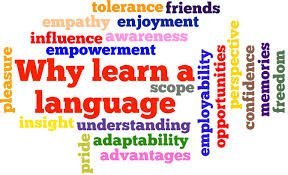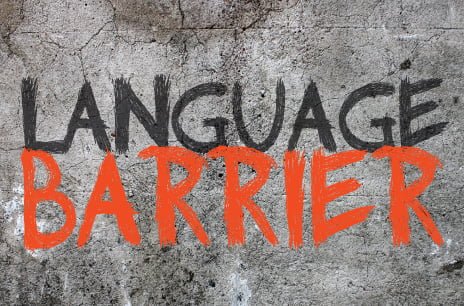[hr-line][/hr-line]Many schools and colleges up and down the country organised various activities and events to mark the European Day of Languages on 25 September. These included treasure hunts, storytelling and dressing up all of which had a language-based theme.
This year Florence, Italy, was host to a major conference entitled: “Why languages matter: European and national perspectives on multilingualism”, where the European Commissioner for Education, Culture , Multilingualism and Youth, Androulla Vassilou gave a speech with an emphasis on encouraging and promoting language learning. He stressed how “The European Day of Languages is an opportunity for the public to discover that languages really are fun – and it’s never too late to learn. Multilingualism can open doors to job opportunities and new adventures.”
One of the reasons why people are not so keen on learning a new language unless they have to, because of work or family commitments, is the preconception, and often misconception, that it can be quite a dull, tedious process, having to master seemingly ‘boring’ grammar and pronunciation rules. However, there are a number of ways that language learning can be turned into an enjoyable and fun activity.
It is a well-known fact that listening to a foreign language will speed up the learning process, so it
can be a good idea to listen to music in the language that you are learning, watch foreign language television programmes or listen to radio channels in the chosen language. The best part is that some of these activities can be incorporated into your daily routine, such as listening to foreign music on your iPod as you travel to and from work.
If you are contemplating enrolling on a foreign language course, it is worthwhile encouraging a friend to embark on the same course as you so that you will always have someone to motivate you if your initial enthusiasm starts to fade. You can also organise dinners together where you can serve the cuisine of the country whose language you are learning and try to speak in that language during the course of the evening.
Whichever method you choose to liven up your learning process, the important thing to bear in mind is that mastering a new language is a very valuable asset. As one secondary school headmaster puts it: “In an increasingly competitive world, the latest research shows that speaking only English is as much of a disadvantage as speaking no English – we want to educate pupils to be global citizens and that means engaging seriously with the learning of foreign languages.”
It is time for us to try to dispel the myth that language learning is simply a tedious, time-consuming activity. A good tutor or language service provider recognises the need for language learning to be an enjoyable process as this, in turn, improves the learning experience significantly. What’s more, it can be an incredibly fun and rewarding experience.


